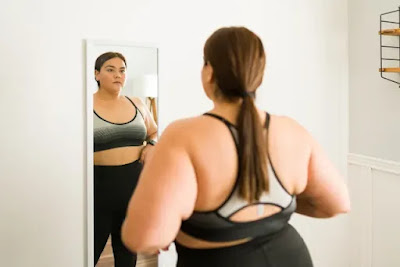**Glow from Within: The Collagen Diet**
Unlocking Radiance from Within: The Power of a Collagen Diet
In the quest for glowing skin, strong joints, and youthful vitality, one word is creating a buzz in health and wellness circles: collagen. While often associated with beauty products and supplements, collagen starts from the inside—and your diet can play a huge role in boosting it naturally.
Welcome to the Collagen Diet: a way of eating that supports your body’s natural collagen production and helps you age gracefully, inside and out.
What Is Collagen, and Why Does It Matter?
Collagen is the most abundant protein in the human body, forming the structure of your skin, bones, muscles, tendons, and ligaments. Think of it as the “glue” that holds everything together. Unfortunately, our collagen production starts to decline in our mid-20s and continues to decrease with age. The result? Wrinkles, joint pain, and decreased skin elasticity.
But there’s good news: your diet can help replenish and preserve your collagen levels.
The Collagen Diet: What to Eat
Here are the key foods and nutrients to include in a collagen-supportive diet:
1. Bone Broth
Rich in gelatin (a form of collagen), bone broth is a powerhouse for skin and joint health. Simmer bones for hours to extract valuable amino acids like glycine and proline.
2. Vitamin C-Rich Fruits and Vegetables
Vitamin C is essential for collagen synthesis. Load up on:
-
Oranges
-
Berries
-
Kiwi
-
Bell peppers
-
Leafy greens
3. Protein Sources
Your body builds collagen using amino acids. Make sure to include:
-
Chicken
-
Fish
-
Eggs
-
Tofu
-
Legumes
4. Zinc and Copper
These minerals help activate the enzymes needed for collagen production. Get them from:
-
Shellfish
-
Seeds (especially pumpkin and sesame)
-
Nuts
-
Whole grains
5. Antioxidant-Rich Foods
Free radicals break down collagen. Counter them with foods high in antioxidants, like:
-
Dark chocolate (in moderation)
-
Green tea
-
Blueberries
-
Spinach
What to Avoid
To protect collagen, reduce intake of:
-
Refined sugars: They attach to collagen and cause stiffness and damage (a process called glycation).
-
Excess alcohol: It impairs the body’s ability to repair tissue.
-
Processed foods: They promote inflammation, which accelerates collagen breakdown.
Should You Take Collagen Supplements?
While a collagen diet is foundational, many people also take hydrolyzed collagen supplements. Studies suggest that these supplements can improve skin elasticity and reduce wrinkles, especially when combined with a collagen-friendly diet.
Sample Day on a Collagen Diet
Breakfast: Greek yogurt with berries and chia seeds
Snack: Green tea and a handful of almonds
Lunch: Grilled salmon salad with spinach, bell peppers, and olive oil
Dinner: Chicken bone broth soup with quinoa and leafy greens
Dessert: Dark chocolate square and a kiwi
Final Thoughts
Your body has an incredible ability to heal and rejuvenate—especially when you feed it the right nutrients. By embracing a collagen diet, you're not just supporting glowing skin and flexible joints, but also investing in long-term wellness from the inside out.
Let your next meal be your next step toward ageless vitality.
Ready to start your collagen journey?
Explore our collagen-rich recipes and tips on to take the first step toward a healthier, more radiant
you.
#CollagenDiet, #HealthySkin, #AntiAging, #GlowFromWithin, #SkinNutrition, #CollagenBoost, #NaturalBeauty, #WellnessJourney, #HealthyEating, #BoneBrothBenefits, #YouthfulSkin, #EatForBeauty, #SkincareFromWithin, #NutritionTips, #HolisticHealth






Comments
Post a Comment